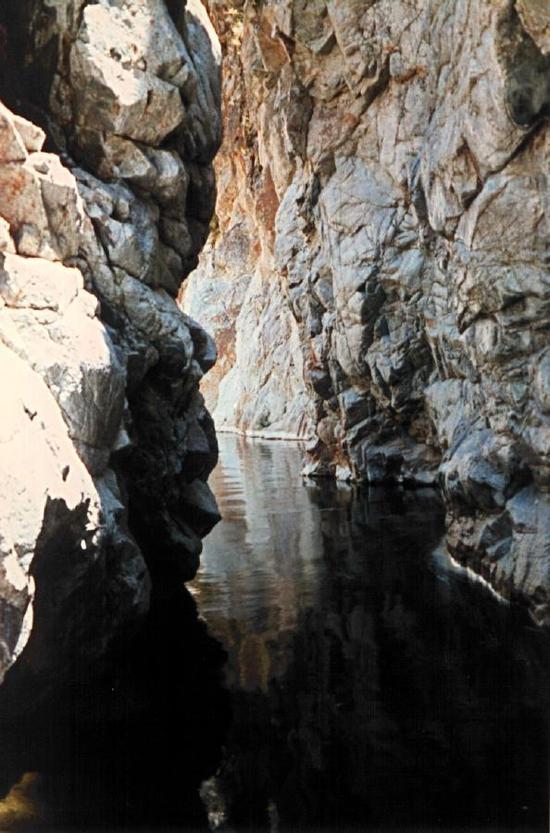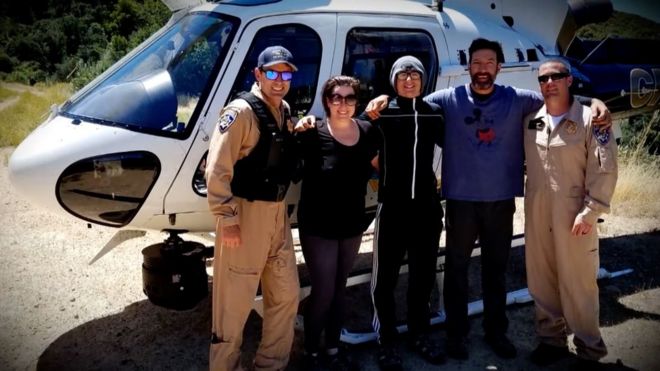Student NN: When we
are happy, do we suffer? Do we suffer when we are happy?
SR: Suffering exists actually in your happiness. And so if you seek for happiness, you know, what you will get will be the suffering, not happiness. So when you suffer, you should find out true happiness in your suffering. That is how you seek for true happiness. If you try to find out what is real suffering, you should seek for happiness [laughs, laughter]. You will find out what is suffering in its true sense. -------------------------------- Excerpt from Shunryu Suzuki lecture - 68-04-23-B as found on shunryusuzuki.com. Edited by DC
SR: Suffering exists actually in your happiness. And so if you seek for happiness, you know, what you will get will be the suffering, not happiness. So when you suffer, you should find out true happiness in your suffering. That is how you seek for true happiness. If you try to find out what is real suffering, you should seek for happiness [laughs, laughter]. You will find out what is suffering in its true sense. -------------------------------- Excerpt from Shunryu Suzuki lecture - 68-04-23-B as found on shunryusuzuki.com. Edited by DC




